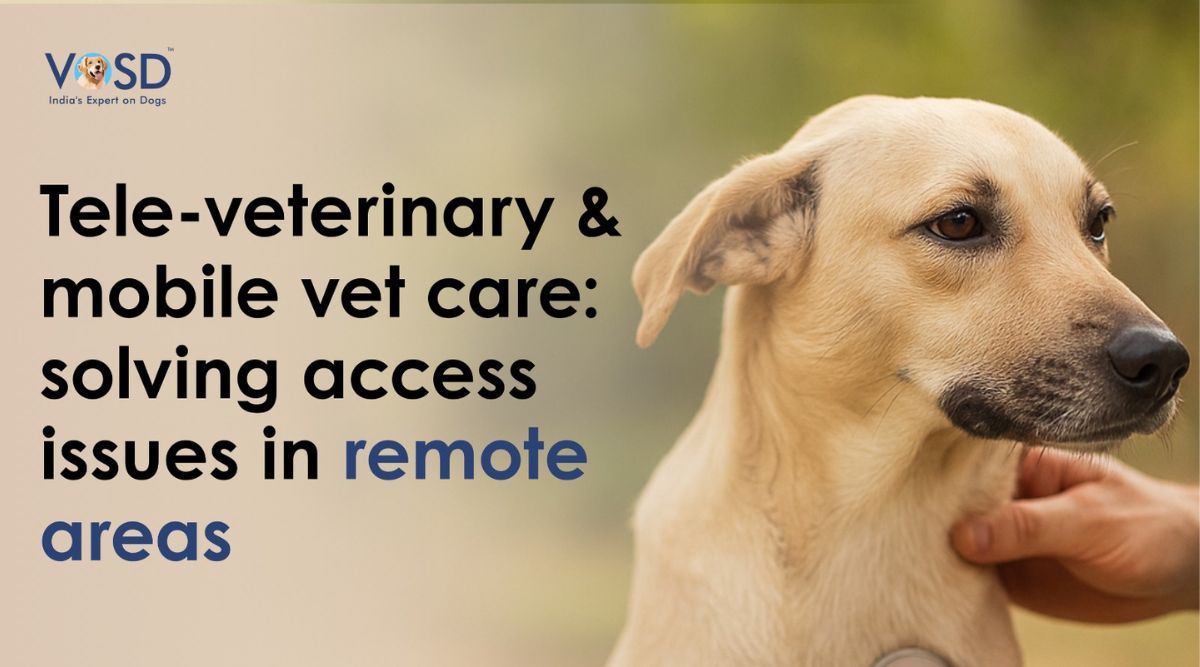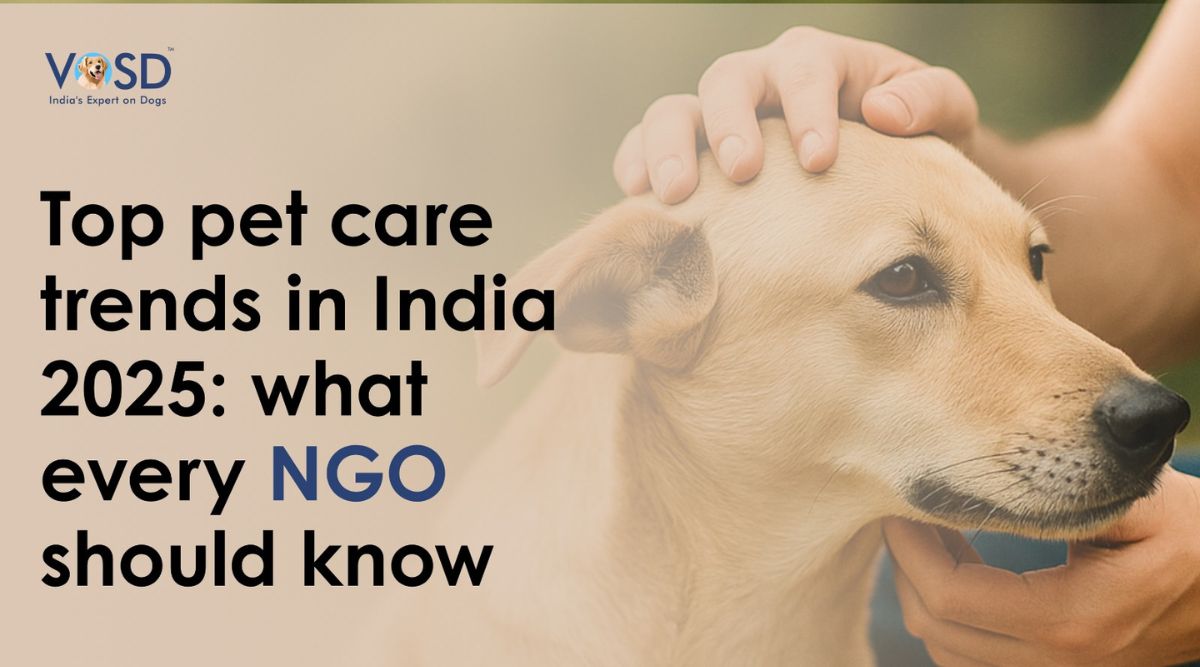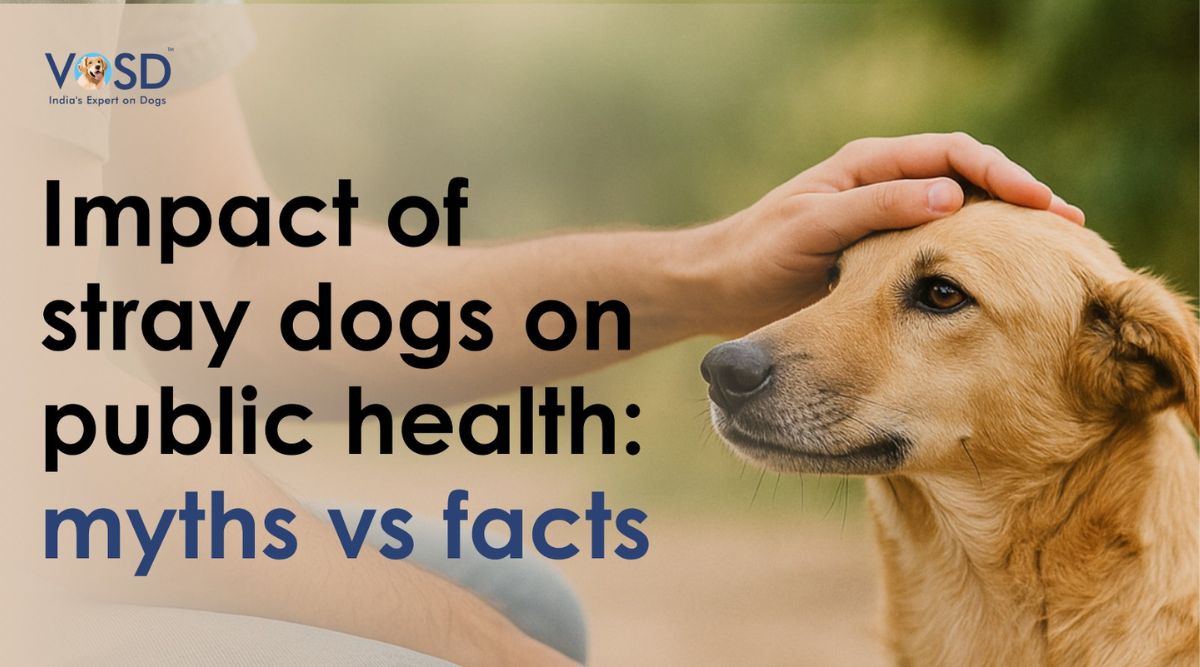As a dog owner, you want what’s best for your pet. You want them to be healthy and happy, and you want to do everything you can to ensure that they have a long and fulfilling life. Part of being a responsible pet owner is making sure that your dog is spayed or neutered.
There are a number of benefits to neutering a dog, both for their health and for your peace of mind. Neutering your dog can help to reduce the risk of certain cancers and other diseases, and it can also help to keep them from running away or getting into fights with other dogs.
If you are thinking about neutering your dog, there are a few things you should know. In this article, we will go over the basics of neutering a dog and some tips on how to care for your dog after they have been neutered.
What is Neutering a Dog?
Neutering a dog refers to the surgical procedure that involves removing the testicles of a male dog. This procedure is also known as castration. Neutering is a common practice to sterilize dogs and prevent them from reproducing. The procedure is typically performed under general anesthesia by a veterinarian and involves making an incision in the scrotum to remove the testicles. After the procedure, the dog may experience some pain and discomfort, but with proper care and pain management, the dog will recover quickly.
Neutering a dog has several benefits, including reducing the risk of health issues such as testicular cancer and prostate disease, and behavioral benefits such as reduced aggression and the decreased urge to roam.
Are female dogs spayed or neutered?
Female dogs are spayed and not neutered. Spaying is a surgical procedure that involves removing the ovaries and uterus of a female dog to prevent it from reproducing. This procedure is also known as an ovariohysterectomy.
Spaying a female dog can help her health and behavior in several ways, like lowering her risk of certain types of cancer, getting rid of her heat cycles, and making her less aggressive and territorial. A vet performs the procedure while the dog is under general anesthesia and removes the reproductive organs through an incision in the dog’s abdomen.
It’s important to talk to your vet about the possible benefits and risks of spaying and the best time for the procedure. Usually, spaying is recommended before the first heat cycle to maximize its health benefits. However, your veterinarian can recommend the best timing for your specific dog based on her age and health status.
VOSD Popular Videos
Should I neuter my dog?
Decide whether or not to neuter your dog after carefully considering all the factors involved, including your dog’s age, health status, and behavior. Here are some general considerations to keep in mind:
- Health benefits: If you neuter your dog, he may be less likely to get testicular cancer or prostate disease
- Behavioral benefits: Neutering can reduce aggression, territorial marking, and roaming behavior in male dogs
- Population control: Neutering helps control the dog population and prevent unwanted litters
Talk to your vet about the best thing to do for your dog. They can help you think about the pros and cons of neutering and tell you when the best time is to do it. Ultimately, the decision to neuter your dog should be based on what is in the best interest of your dog’s health and well-being.
Health benefits of neutering a dog
There are several health benefits associated with neutering a dog:
- Reduced risk of certain cancers: Neutering a male dog can eliminate the risk of testicular cancer, which is common in intact male dogs. Neutering can also reduce the risk of prostate cancer and other types of cancer in both male and female dogs
- Reduced risk of certain diseases: Neutering can help lower the risk of some diseases and conditions, like perianal fistulas and some urinary tract infections
- Improved overall health: Most of the time, neutered dogs live longer and have fewer health problems than intact dogs. They are also less likely to be involved in fights or accidents, which can lead to serious injuries or illnesses
- Prevention of reproductive issues: Neutering can prevent reproductive issues in male and female dogs, such as pyometra (an infection of the uterus) in females and testicular torsion (twisted testicles) in males
It’s important to remember that the health benefits of neutering can vary from dog to dog and depend on things like age and preexisting health conditions.
Behavioral benefits of neutering dogs
There are several behavioral benefits associated with neutering a dog:
- Reduced aggression: Neutering male dogs can make them less aggressive, making your home a better place to live. When they are with other intact male dogs, they are more likely to act aggressively, like biting and fighting
- Reduced marking behavior: Neutering can also stop male dogs from “marking their territory” when they urinate on vertical surfaces. It can be annoying and hard to deal with, especially if the dog does it inside the house
- Reduced roaming behavior: Neutering can reduce the urge to roam in male dogs, which can help prevent them from getting lost or injured. Roaming behavior is more common in intact male dogs, as they are more likely to be drawn to the scent of a female in heat or to seek out other male dogs for dominance displays
- Increased trainability: Neutered dogs may be easier to train and manage than intact dogs. They are less likely to be distracted by the need to mate or act dominant, making them easier to train and more focused
- Improved socialization: Neutered dogs may be more social and easier to train to get along with other dogs than intact dogs. They are less likely to display territorial or aggressive behaviors, which can make them more accepting of new people and animals
It’s important to remember that the effects of neutering on a dog’s behavior can vary depending on the dog and other things, like its age. Talking to your vet is always the best way to determine if neutering is the right choice for your dog and to discuss any behavior issues your dog may have.
Population control benefits of neutering dogs
One of the primary benefits of neutering dogs is population control. When dogs are not neutered or spayed, they are capable of breeding and producing litters of puppies. If these puppies are not properly cared for and prevented from breeding, they can contribute to the overpopulation of dogs, which can lead to several negative consequences, such as:
- Increasing strain on animal shelters: When there are too many dogs, animal shelters can get crowded, consequently putting a strain on resources and making it hard to give all the animals the care they need
- Stray dogs: Overpopulation of pet dogs can lead to an increase in the number of stray dogs. When pet dogs are not spayed or neutered, they can breed and produce litters of puppies. If these puppies are not properly cared for or adopted, they can end up on the streets and become stray dogs. Stray dogs face several challenges, including the risk of injury, disease, and starvation
- Disease transmission: Overpopulation of dogs can increase the risk of disease transmission, as dogs that are not responsibly cared for or vaccinated can spread diseases to other dogs and even humans
By neutering their dogs, owners can help stop unwanted litters and help control the number of dogs. It can also help reduce the strain on animal shelters and improve public safety and health.
Dos and Don’ts After Neutering a Dog
After neutering your dog, it’s important to follow some basic do’s and don’ts to ensure a smooth recovery and prevent complications. Here are some important things to keep in mind:
Dos:
- Monitor your dog closely: Keep a close eye on your dog after surgery and watch for any signs of discomfort or unusual behavior
- Limit physical activity: Your dog should rest and avoid strenuous activity for at least a week after surgery. This will allow the incision site to heal properly
- Follow your vet’s instructions: Your vet will give you specific instructions for caring for your dog after surgery. Be sure to follow these instructions carefully
- Provide pain relief: Your vet may prescribe pain medication to keep your dog comfortable after surgery. Make sure to give this medication as directed
- Keep the incision site clean: Keep the incision site clean and dry to prevent infection. Your vet may provide instructions for cleaning the site
Don’ts:
- Allow your dog to lick the incision site: Licking the incision site can lead to infection or delay the healing process. Use an Elizabethan collar (E-Collar) to prevent your dog from licking the site
- Give your dog a bath: Avoid bathing your dog for at least 10 days after surgery. This will allow the incision site to heal properly
- Let your dog run or jump: Strenuous activity can cause the incision site to tear or become infected. Keep your dog calm and limit activity for at least a week after surgery
- Ignore signs of complications: If you notice any signs of complications, such as excessive bleeding, swelling, or discharge from the incision site, contact your vet immediately
By following these dos and don’ts, you can help ensure a smooth recovery for your dog after neutering.
Myths and facts about neutering dogs
Myths and facts about neutering dogs include:
Myth: Neutering a dog will change its personality or behavior.
Fact: Neutering will not change a dog’s personality or behavior. However, it may reduce aggressive behavior and eliminate unwanted sexual behaviors, such as mounting or humping.
Myth: Neutering is only necessary for male dogs.
Fact: Spaying, which is the surgical removal of the ovaries and uterus, is also important for female dogs to prevent unwanted pregnancies and reduce the risk of certain health problems, such as uterine infections and cancer.
Myth: Neutering will make a dog lazy or less active.
Fact: Neutering will not make a dog lazy or less active. However, it may reduce the drive to roam, which can be a good thing, as roaming can lead to injuries, fights, and the spread of diseases.
Myth: Neutering is expensive and unnecessary.
Fact: Neutering is a routine and relatively inexpensive procedure that can provide many health and behavioral benefits to dogs. It is also an important way to control pet overpopulation.
Myth: Neutered dogs will gain weight and become obese.
Fact: Neutering can cause a decrease in metabolism, which can lead to weight gain if a dog continues to eat the same amount of food. However, this can be managed by adjusting the dog’s diet and exercise routine.
Neutering dogs has many benefits for their health, behavior, and the pet population. It is a routine and relatively inexpensive procedure that can help prevent many problems associated with un-neutered dogs.
How much does it cost to get a dog neutered?
The cost of neutering a dog in India can vary depending on the location, size of the dog, and the veterinarian performing the procedure. On average, the cost of neutering a dog in India can range from Rs. 1500 to Rs. 10000, with larger dogs typically costing more.
However, prices may vary depending on the city/state and the specific clinic or hospital. It is best to check with your local veterinarian to get an accurate estimate of the cost of neutering your dog. Additionally, some animal welfare organizations and government programs may offer low-cost or free neutering services for dogs, so it’s worth checking with these organizations as well.
Dogs are wonderful animals that can bring joy and companionship into our lives. However, they can also be a big responsibility. One of the most important things you can do as a dog owner is to have your dog neutered.
Neutering your dog is one of the best things you can do to keep them healthy and happy. Not only will it prevent any unwanted pregnancies, but it can also protect your dog from testicular cancer, prostate cancer, and uterine infection. Plus, it can help with things like excessive barking, marking, and aggression. Neutering your dog can even give them a longer life by reducing their risk of certain diseases. Being a responsible pet parent means making sure your dog is neutered – it’s a must!
Disclaimer:
The information contained in VOSD Vet Advice™ is not intended nor implied to be a substitute for professional medical action which is provided by your vet. You assume full responsibility for how you choose to use this information. For any emergency situation related to a dog’s health, please visit the nearest veterinary clinic.















